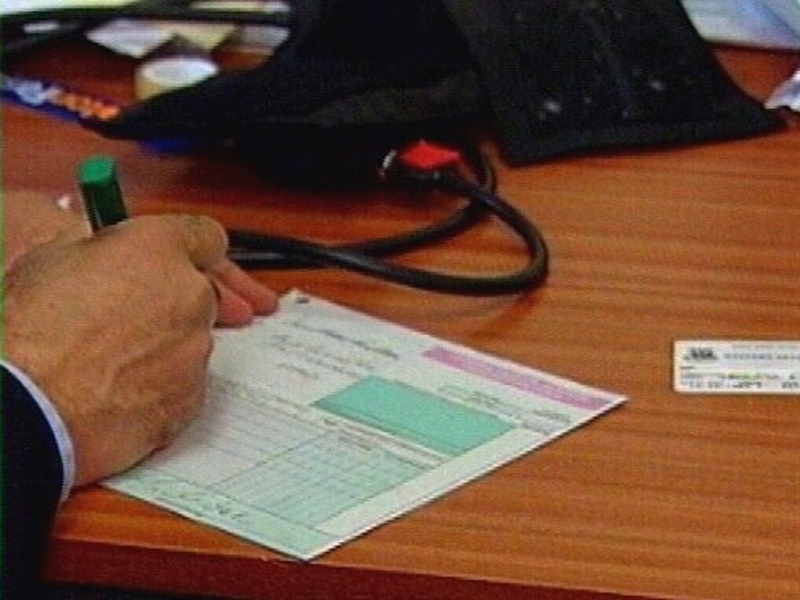


Postmarketing observational studies are important to assess VE against COVID-19–associated hospitalizations in adults aged ≥65 years under real-world conditions and to strengthen evidence from clinical trials of vaccine efficacy. § However, hospitalization is a rare outcome among patients with COVID-19–associated illness of any severity, so most cases detected in the trials did not lead to hospitalization therefore, the studies had limited power to assess protection against severe COVID-19 among older adults. Randomized clinical trials of vaccines that have received an EUA in the United States showed efficacy of 94%–95% in preventing COVID-19–associated illness ( 4, 5). Vaccination is a critical tool for reducing severe COVID-19 in groups at high risk. evaluation under real-world conditions suggests that vaccination provided protection against COVID-19–associated hospitalization among adults aged ≥65 years. These findings are consistent with efficacy determined from clinical trials in the subgroup of adults aged ≥65 years ( 4, 5).

Adjusted vaccine effectiveness (VE) against COVID-19–associated hospitalization among adults aged ≥65 years was estimated to be 94% (95% confidence interval = 49%–99%) for full vaccination and 64% (95% CI = 28%–82%) for partial vaccination. Among 417 hospitalized adults aged ≥65 years (including 187 case-patients and 230 controls), the median age was 73 years, 48% were female, 73% were non-Hispanic White, 17% were non-Hispanic Black, 6% were Hispanic, and 4% lived in a long-term care facility. In an evaluation at 24 hospitals in 14 states,* the effectiveness of partial or full vaccination † with Pfizer-BioNTech or Moderna vaccines against COVID-19–associated hospitalization was assessed among adults aged ≥65 years. Patel, MD 1 IVY Network HAIVEN Investigators ( View author affiliations) View suggested citationĪdults aged ≥65 years are at increased risk for severe outcomes from COVID-19 and were identified as a priority group to receive the first COVID-19 vaccines approved for use under an Emergency Use Authorization (EUA) in the United States ( 1– 3). Hart 2 Miwako Kobayashi, MD 1 Jennifer R. Middleton, MD 19 Yuwei Zhu, MD 2 Dayna Wyatt 2 Meagan Stephenson, MPH 1 Adrienne Baughman 2 Kelsey N. Martin, PhD 17 Anurag Malani, MD 18 Richard K. Wilson, MD 14 Manjusha Gaglani, MBBS 15 ,16 Kempapura Murthy, MPH 15 Nicole Calhoun, LMSW, MPA 15 Arnold S. Hager, MD, PhD 12 Arber Shehu, MD 12 Nida Qadir, MD 13 Steven Y. Gong, MD 8 Amira Mohamed, MD 8 Akram Khan, MD 9 Matthew C.


 0 kommentar(er)
0 kommentar(er)
